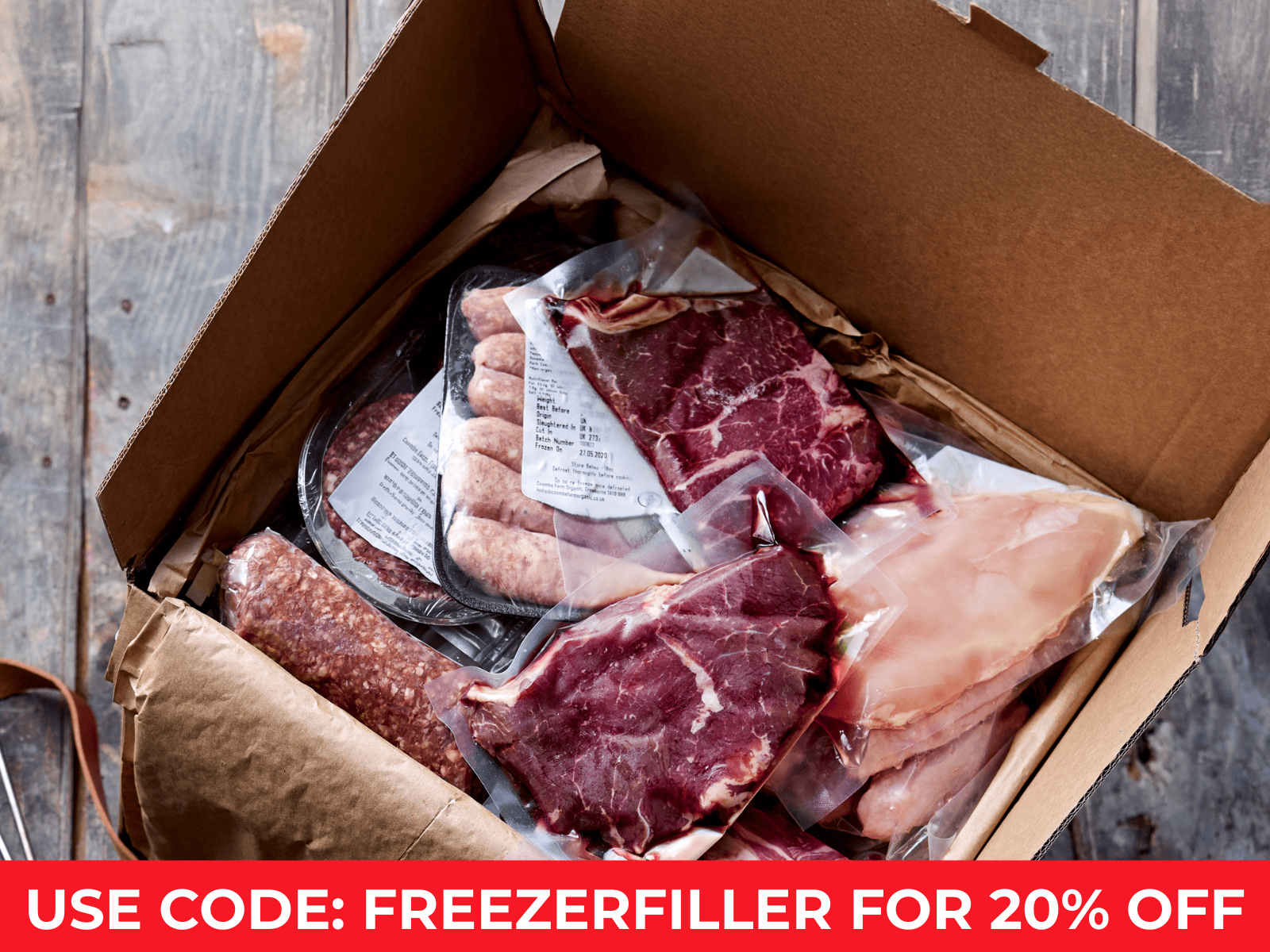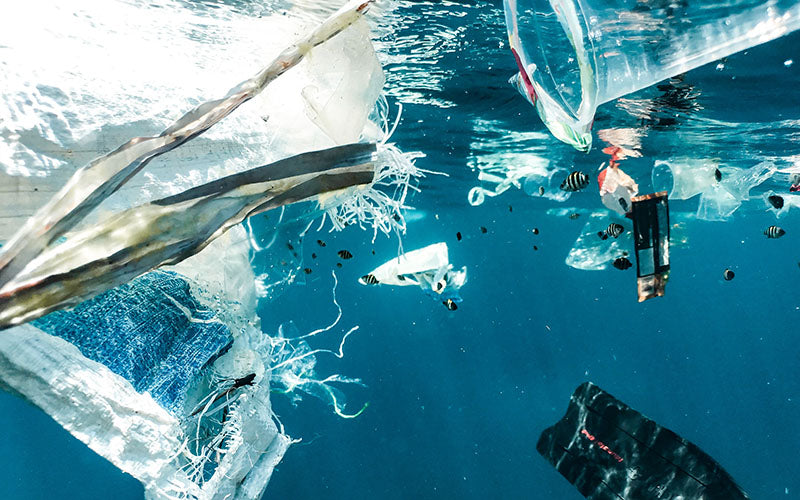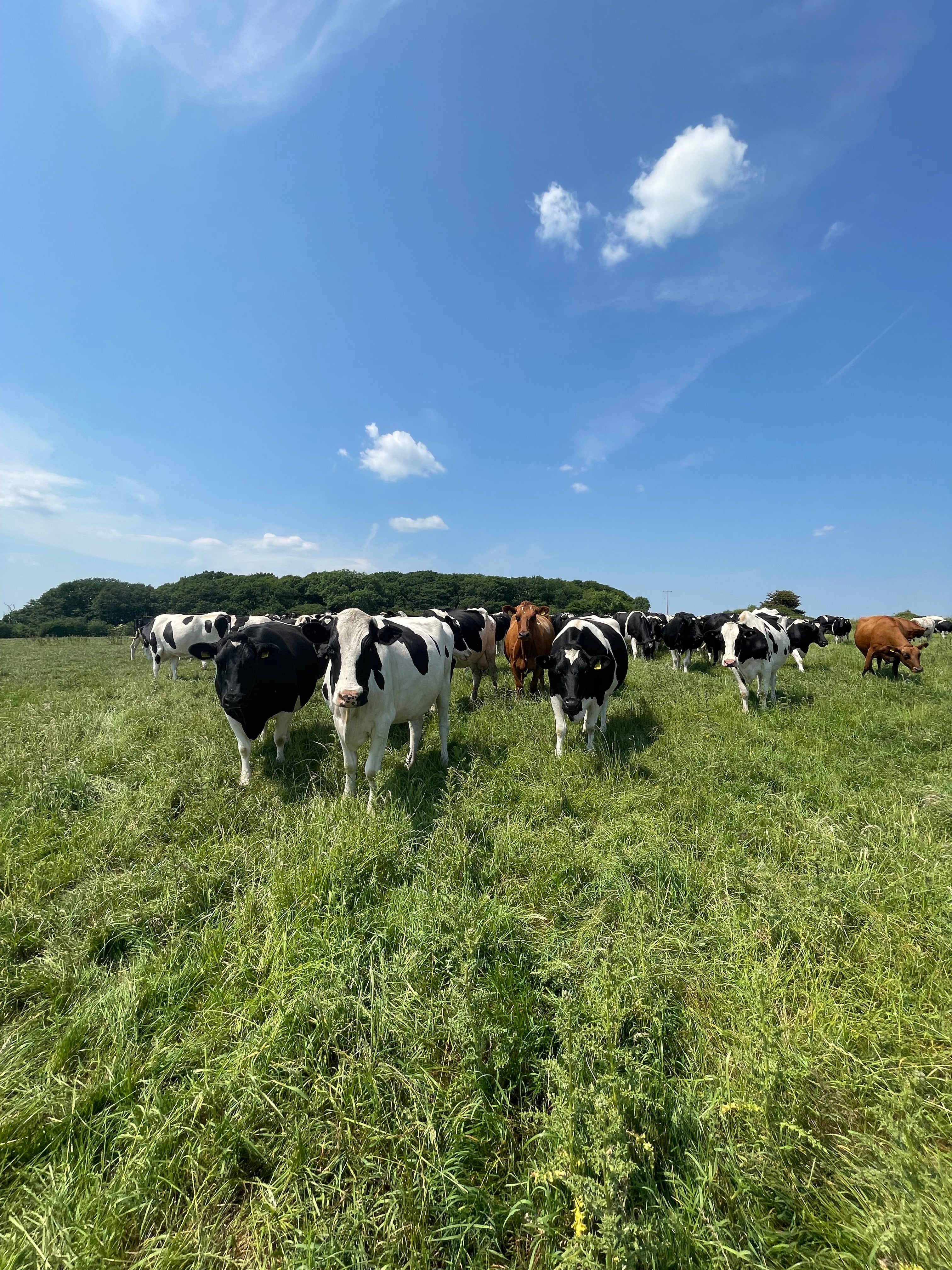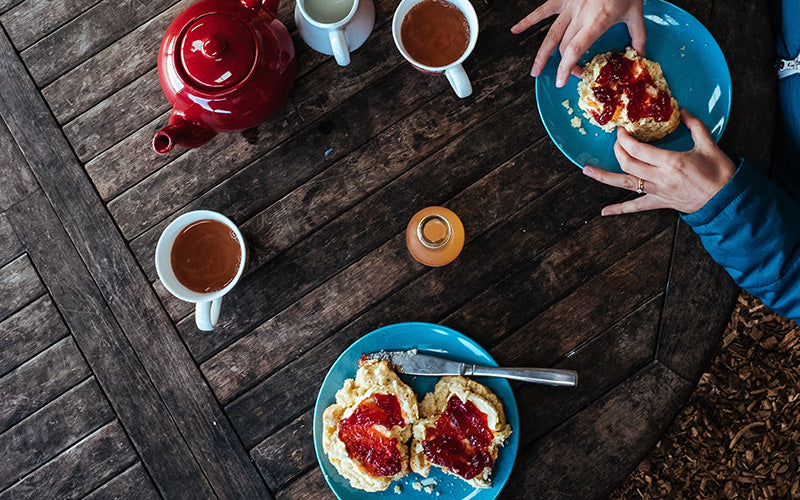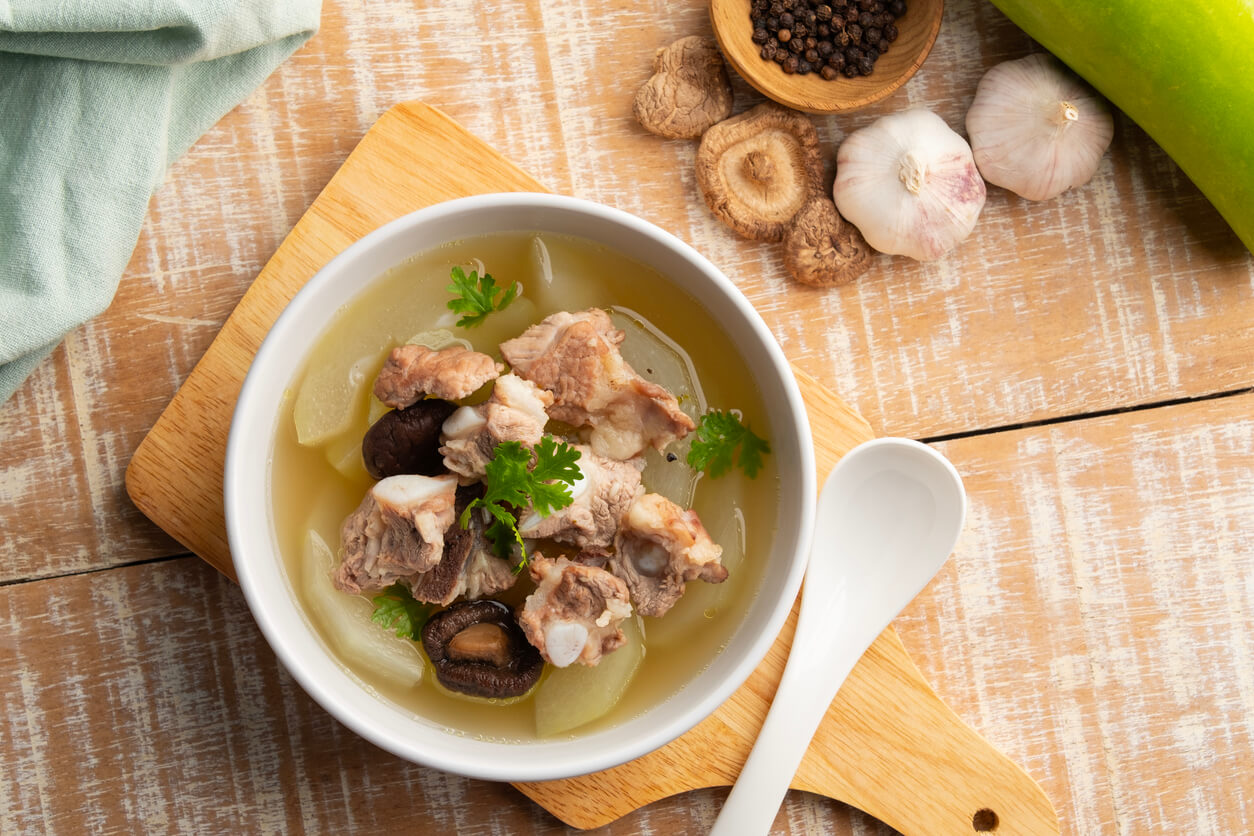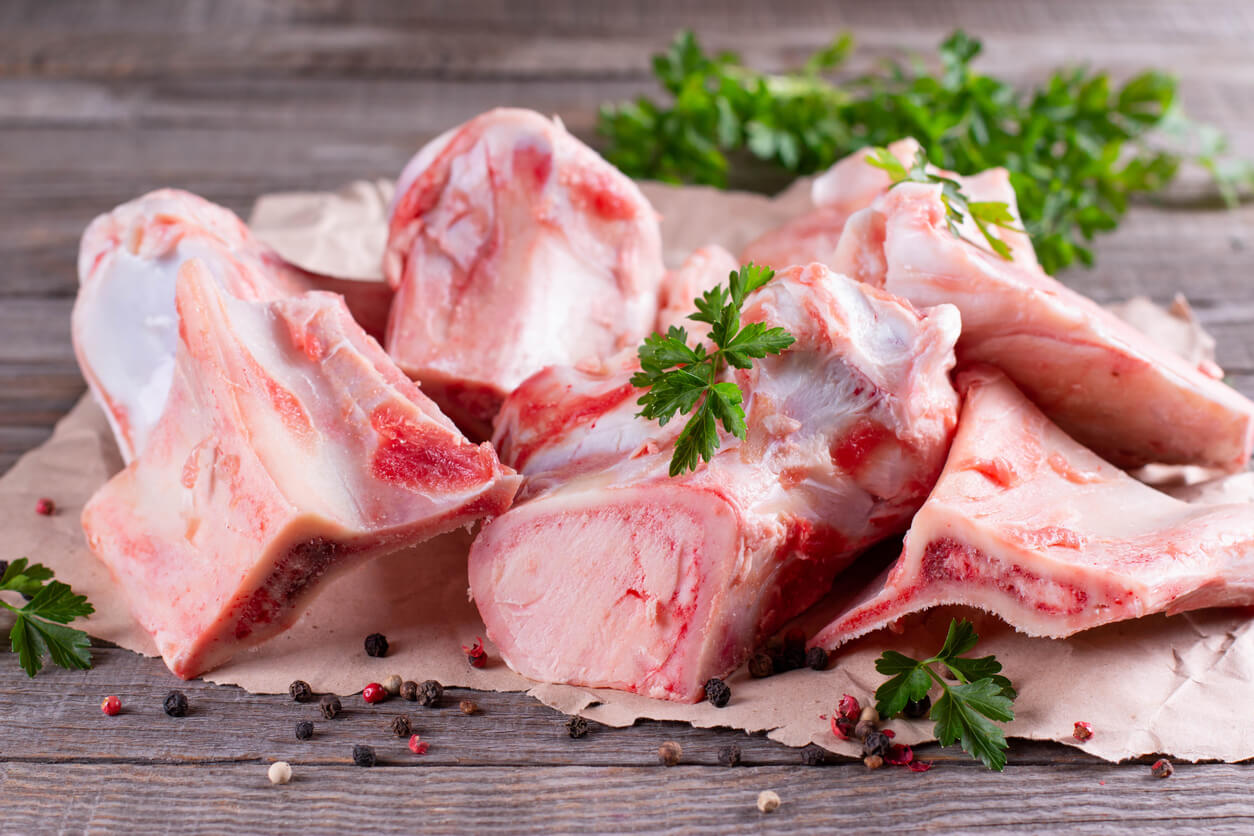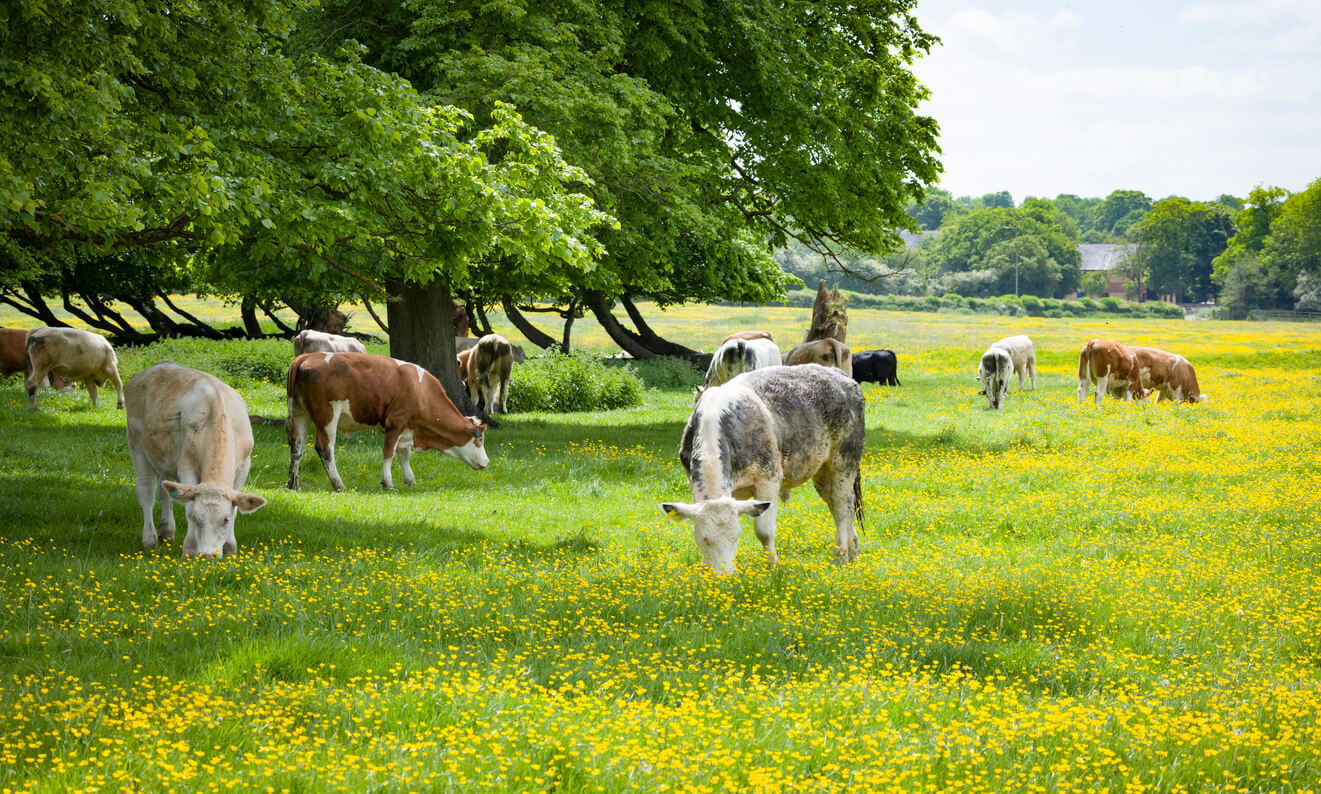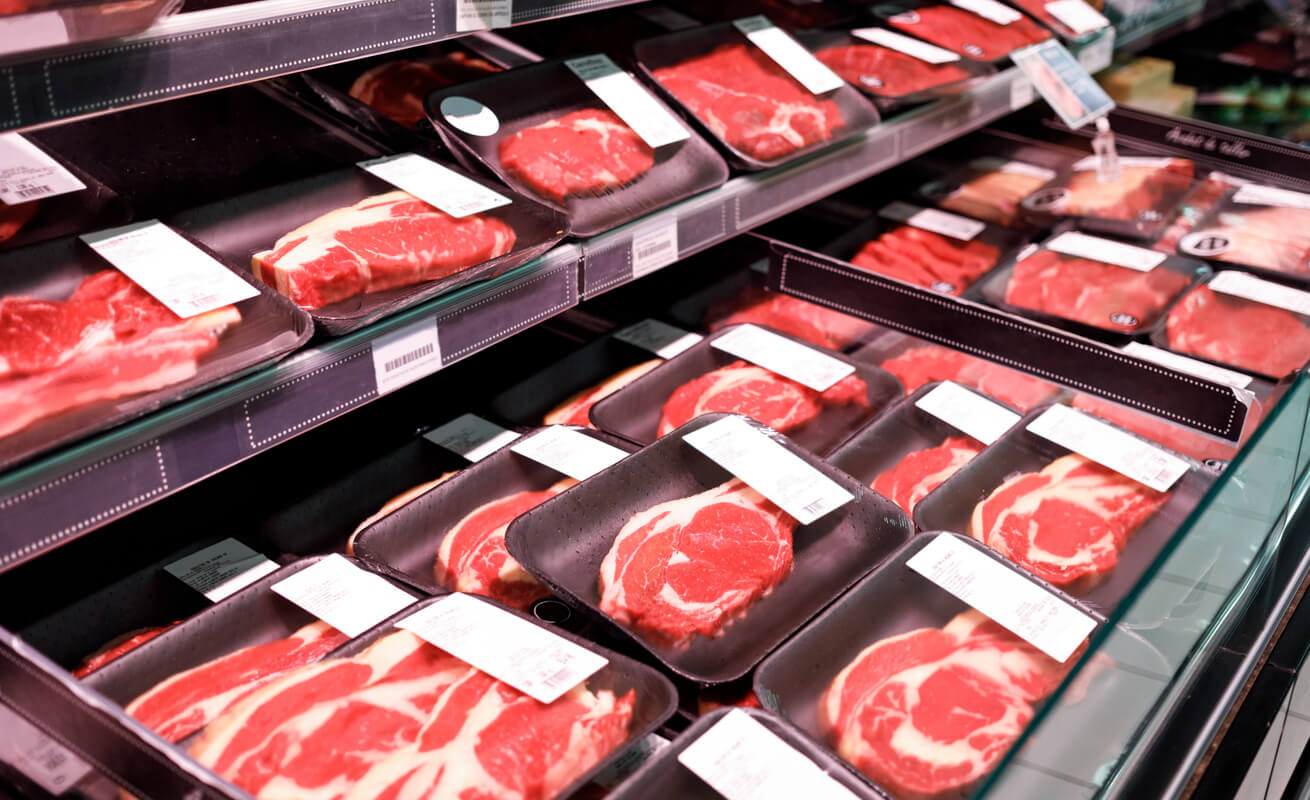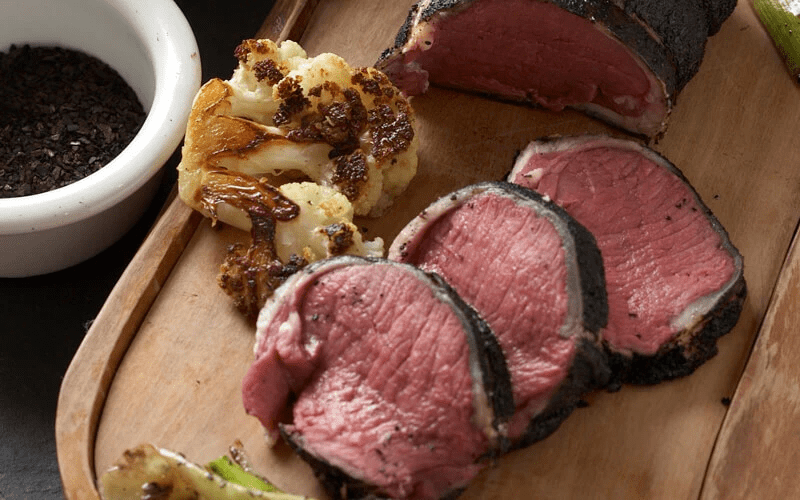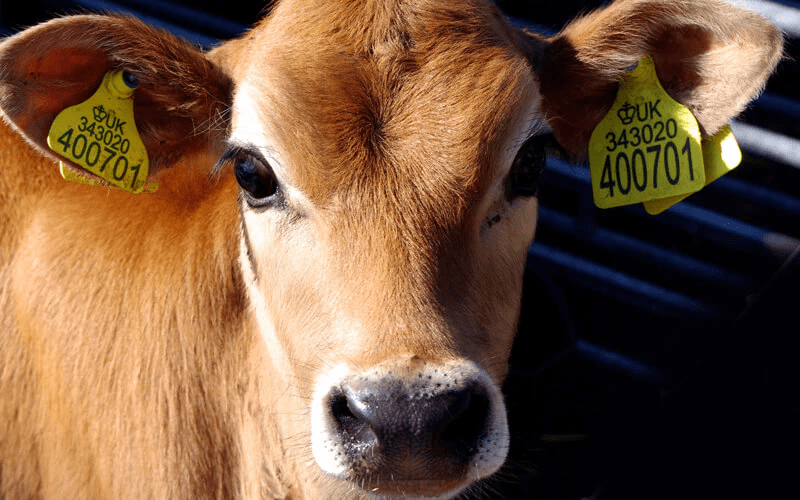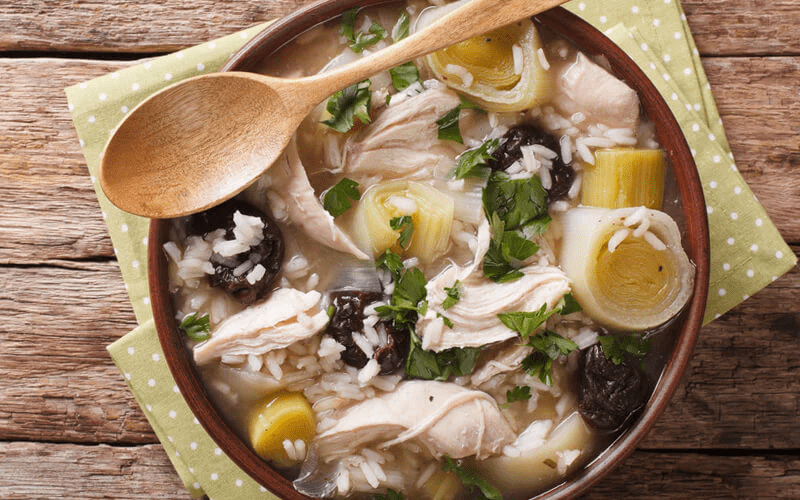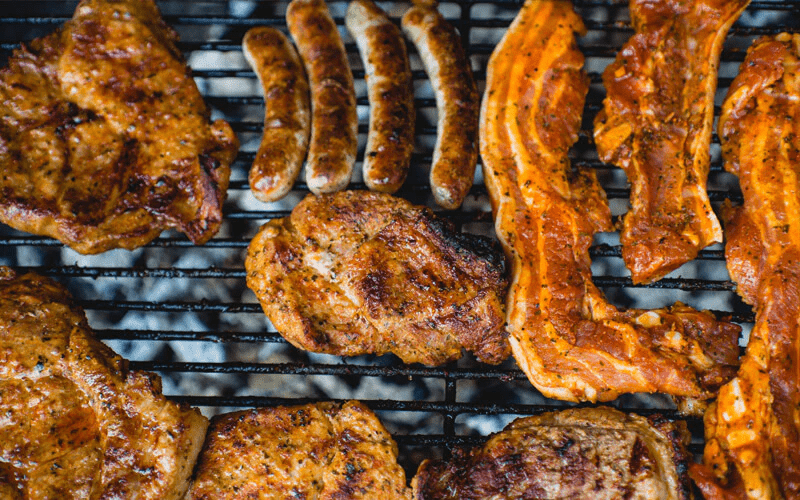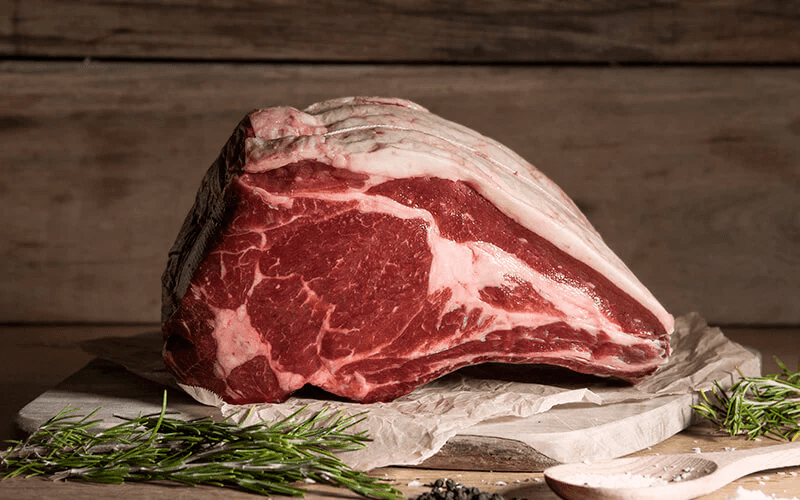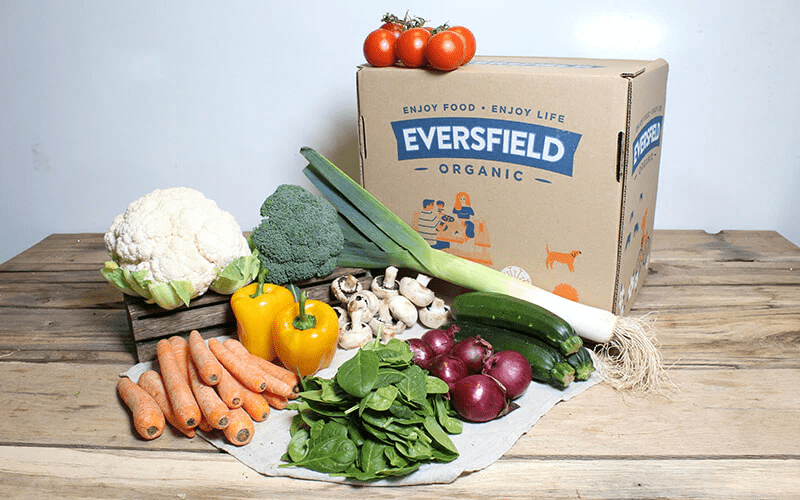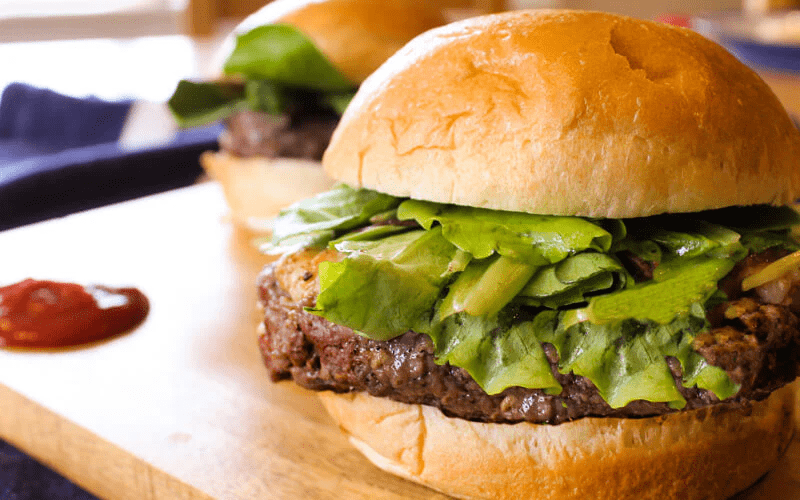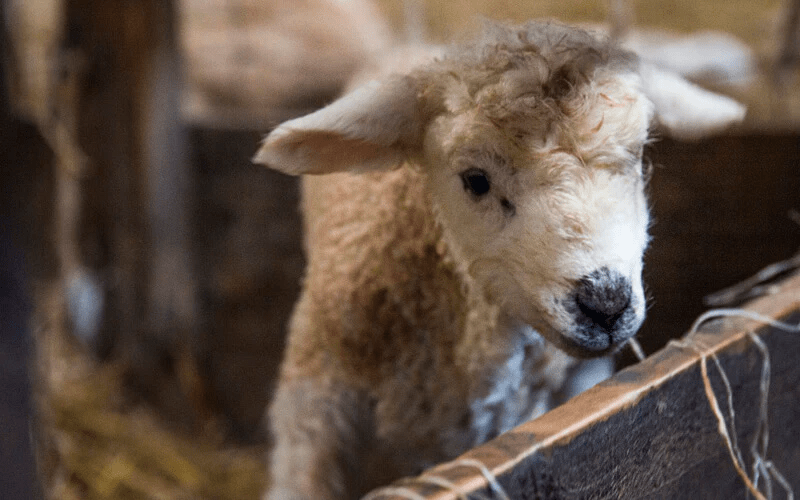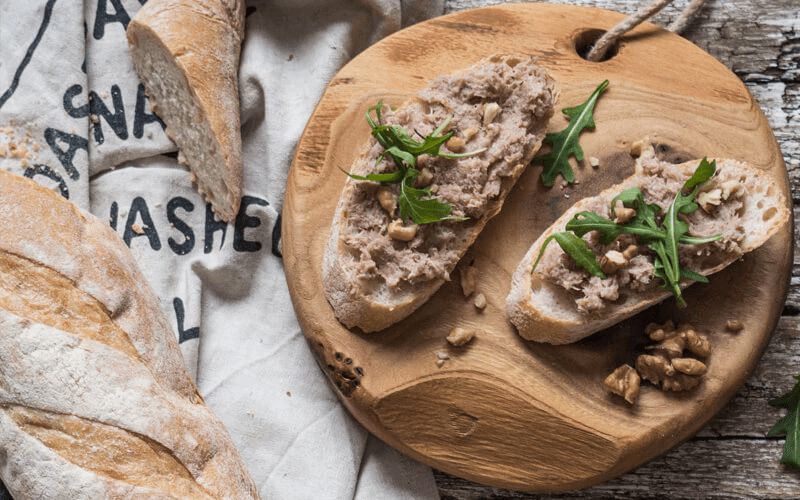Plastic Free July – Reducing Single Use Plastic Waste
Find out how you can join in the fight against plastic pollution by reducing your plastic waste and how we are too.
What is Plastic Free July?
Plastic Free July is a worldwide movement, encouraging people to join the fight against plastic pollution. Founded by the Plastic Free Foundation in 2011, every year millions of people take part, reducing their personal plastic use and sharing ideas to help others do the same, with a shared vision of cleaner streets, fields and oceans for the future.
Find out more about Plastic Free July here.
The Plastic Problem
Plastic pollution is quickly becoming one of the most pressing environmental issues we face. Plastic is something we have come to rely upon. Cheap, convenient, and versatile, this material has provided solutions to many everyday problems, however the environmental consequences of its use have been devastating.

Image: Plastic pollution has devastating environmental consequences.
Plastic pollution has reached all corners of our planet, from the streets of every town and city to the deepest depths of the ocean.
It is estimated that roughly 32% of all plastic packaging produced makes its way into the oceans every year, that’s around 8 million tonnes. This is proving disastrous for marine life including fish, mammals and sea birds, whose existence is threatened by the overwhelming amount of plastic we dump in the ocean; one report finds that by 2050 the oceans could contain more plastic than fish.
It is not just marine life that plastic threatens. Increasingly plastic pollution is even finding its way into our bodies through the meals we eat and water we drink, with the average person found to consume 70,000 micro-plastic each year.
From all the evidence it is very clear that something needs to change with humanity’s attitudes to single-use plastic, and fast, to find a solution to this catastrophic issue.
How Can I Reduce My Single Use Plastic?
Big problems like plastic pollution take small actions carried out by many to be solved.
Reducing your personal use of plastic is essential to helping tackle the plastic issue and every little effort goes a long way. Here are some of the simplest ways you can make everyday changes to reduce your use of single use plastic.
1) Invest in reusable items:
Convenience is a massive reason why plastic pollution is so obtrusive on our planet. From plastic carrier bags to single-use water bottles, often we feel like we have no choice but to buy these products when ill-prepared.
With a little investment and pre-planning before you leave the house, you can help reduce the amount of plastic waste caused by these one-time use convenience products.
A good quality reusable shopping bag can be used for years and years without splitting the way a plastic bag does and are much more comfortable to carry too! Next time you’re about to go food shopping, make sure you have at least one reusable bag with you or even an old plastic carrier bag from a previous shopping trip will do.
Most reusable water bottles are relatively inexpensive and mean you can have a good supply of water wherever you go, keeping you hydrated without costing the planet.

Image: Stay hydrated on the go with a reusable water bottle.
2) Buy products with less packaging:
As a food retailer we understand that some plastic food packaging is unavoidable, like the vacuum packs which keep our organic meat fresh on its way to you; there are lots of products, however, which do not require excessive packaging yet are often put in it anyway, and these are the ones to avoid.
When buying fruit or veg opt for the loose varieties instead of buying them pre-packed. Not only does this cut down on unnecessary plastic packaging in your weekly shop, but it also allows you to pick out the best quality pieces of produce and, most of the time, is a lot cheaper too!
Across our range of organic fruit and veg we minimise plastic packaging as much as possible, using brown paper bags to keep your produce tucked safely away in your organic grocery delivery.
Look out for products which use recyclable or biodegradable packaging instead of those which use throwaway plastic packaging. This can apply to everything in your weekly shop, from your groceries to cleaning products and toiletries. Our range of The Good Zest toiletries are a great place to start, using aluminium bottles to package their deliciously scented, natural and organic shower gels, shampoos and lotions, 100% recyclable or reusable.
3) Reuse plastic wherever possible
Whilst some plastic packaging, like chocolate bar wrappers or crisp packets cannot be reused there are some instances where old plastic packaging can prove to be useful in your day to day.
Consider using old ice cream containers or similar size tubs for taking your pack lunch to work in; the perfect size for a sandwich, this also reduces the need for wasteful clingfilm.
Additionally old takeaway containers work excellently for meal prepping and freezing leftovers in, making your future meals that bit more convenient whilst helping ensure the future of our planet.
The green fingered amongst us will no doubt always be on the lookout for new plant pots to grow seedlings and small plastic containers such as yoghurt pots make great starter pots before they are big enough to be transferred to the garden or window box.
How We’re Reducing Our Plastic Waste
As an organic business with sustainability at its heart, being better for the environment in every way is a top priority, and this includes reducing our plastic and packaging waste.
As mentioned previously, we minimise plastic packaging wherever possible, with a vast proportion of our organic fruit and veg is plastic-free, using recyclable paper bags instead to keep your produce neatly and safely packaged in our delivery boxes.
Our delivery boxes themselves are made from recycled materials which are 100% recyclable, and your organic groceries are kept cool with ice packs and Woolcool liners. These liners are made from sheep wool, making them as sustainable as can be and a natural way of insulating your box. Biodegradable and compostable, unlike plastic, these liners break down over time, however we prefer you to take advantage of our packaging return scheme and send them back to us with the ice packs to be reused time and time again. Find out more here.
We also work with many small suppliers who shared our sustainable ethos and reflect this in the packaging they choose for their products.


